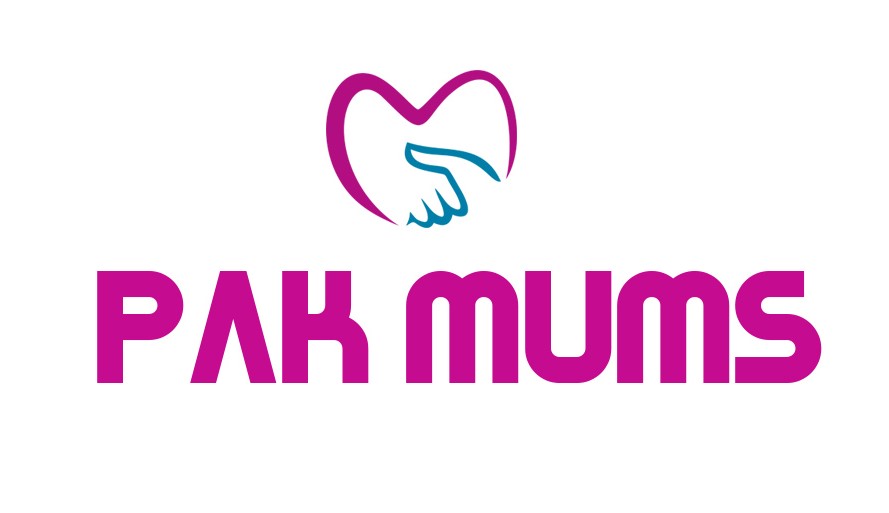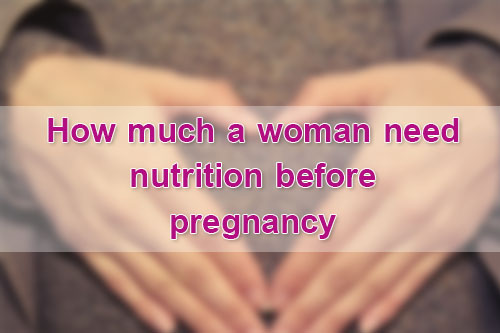Introduction
Nutrition and pregnancy refers to the nutrient intake, and food preparation that is started before during and after pregnancy. Nutrition of the fetus begins at conception for this reason, the nutrition of the mother is important from before conception (probably several months before) as well as throughout pregnancy and breast feeding. An ever increasing number of studies have shown that the nutrition of the mother will have an effect on the child, up to and including the risk for cancer, cardiovascular disease, hypertension and diabetes throughout life.
An excessive amount of some nutrients may cause medical problems in the fetus, and neurological disorders and handicaps are a risk that is run by mothers who are underweight. 23.8 percent of babies worldwide are estimated to be born with lower than optimal weights at birth due to lack of proper nutrition.
Personal habits such as smoking, caffeine, using certain medications and street drugs can harmfully and permanently affect the development of the baby which happens in the early stages of pregnancy. Caffeine is sometimes assumed to cause harm to the unborn baby but there is not enough evidence to say if this is true. A recent review showed that more research is needed to show whether caffeine intake effects birth weight, preterm births, gestational diabetes and other outcomes.
Becoming healthy before becoming pregnant
Pre-conception nutrition is a vital part of preparing for pregnancy. Factors such as your weight compared with your height and what you eat can play an important role in your health during pregnancy and the health of your developing fetus.
Pre-pregnancy weight
Pre-pregnancy weight has a direct influence on your baby’s birthweight. Studies show that underweight women are more likely to give birth to small babies, even though they may gain the same amount in pregnancy as normal weight women. Overweight women have increased risks for problem in pregnancy such as high blood pressure or gestational diabetes. Talk to your doctor about whether you need to lose or gain weight before becoming pregnant.
Pre-pregnancy Diet
Many women do not eat a well-balanced diet before pregnancy and may not have the proper nutritional status for the demands of pregnancy. Normally, a pregnant woman needs to add about 300 extra calories daily after the first trimester to meet the needs of her body and her developing fetus. However, those calories, as well as her entire diet, need to be healthy, balanced, and nutritious. The USDA and the U.S. Department of Health and Human Services have prepared the following food plate to help you select a variety of healthy foods.
Food Groups for Pre-pregnancy
Grains foods
Made from wheat, rice, oats, cornmeal, barley. Examples of whole-grains include whole wheat, brown rice, and oatmeal.
Vegetables
Choose a variety of vegetables, including dark green, red, and orange vegetables, legumes (dry beans and peas).
Fruits
Any fruit or 100 percent fruit juice counts as part of the fruit group.
Dairy products
Products and many foods made from milk are considered part of this food group. Switch to fat-free or low-fat dairy products that are high in calcium. Go thin with protein. Choose low-fat or lean meats and poultry. Vary your protein routine by choosing more fish, nuts, seeds, peas, and beans. Oils are not a food group, yet some, such as nut oils.
Folic acid
All women of childbearing age need 400 micrograms (0.4 mg) of folic acid each day. Folic acid is a nutrient found in some green leafy vegetables, nuts, beans, citrus fruits, refreshed breakfast cereals, and some vitamin supplements. It can help reduce the risk of birth defects of the brain and backbone cord.
Iron
Many women have low iron stores as a result of monthly menstruation and diets low in iron. Building iron stores helps prepare a mother’s body for the needs of the fetus during pregnancy. Good sources of iron include the following: meats such as beef, lamb. Poultry such as chicken and. For fish, contact your doctor before consuming other types of fish as some may contain high levels of mercury.
Calcium
Preparing for pregnancy includes building healthy bones. If there is not enough calcium in the pregnancy diet, the fetus may draw calcium from the mother’s bones, which can put women at risk for osteoporosis later in life. The recommended calcium intake for women is 1,000 milligrams. Three portions of milk or other dairy products each day equals about 1,000 milligrams of calcium. Always consult your doctor regarding your healthy diet and exercise needs.
Exercises
Everyday physical activity should also be included with a healthy nutritional plan.

